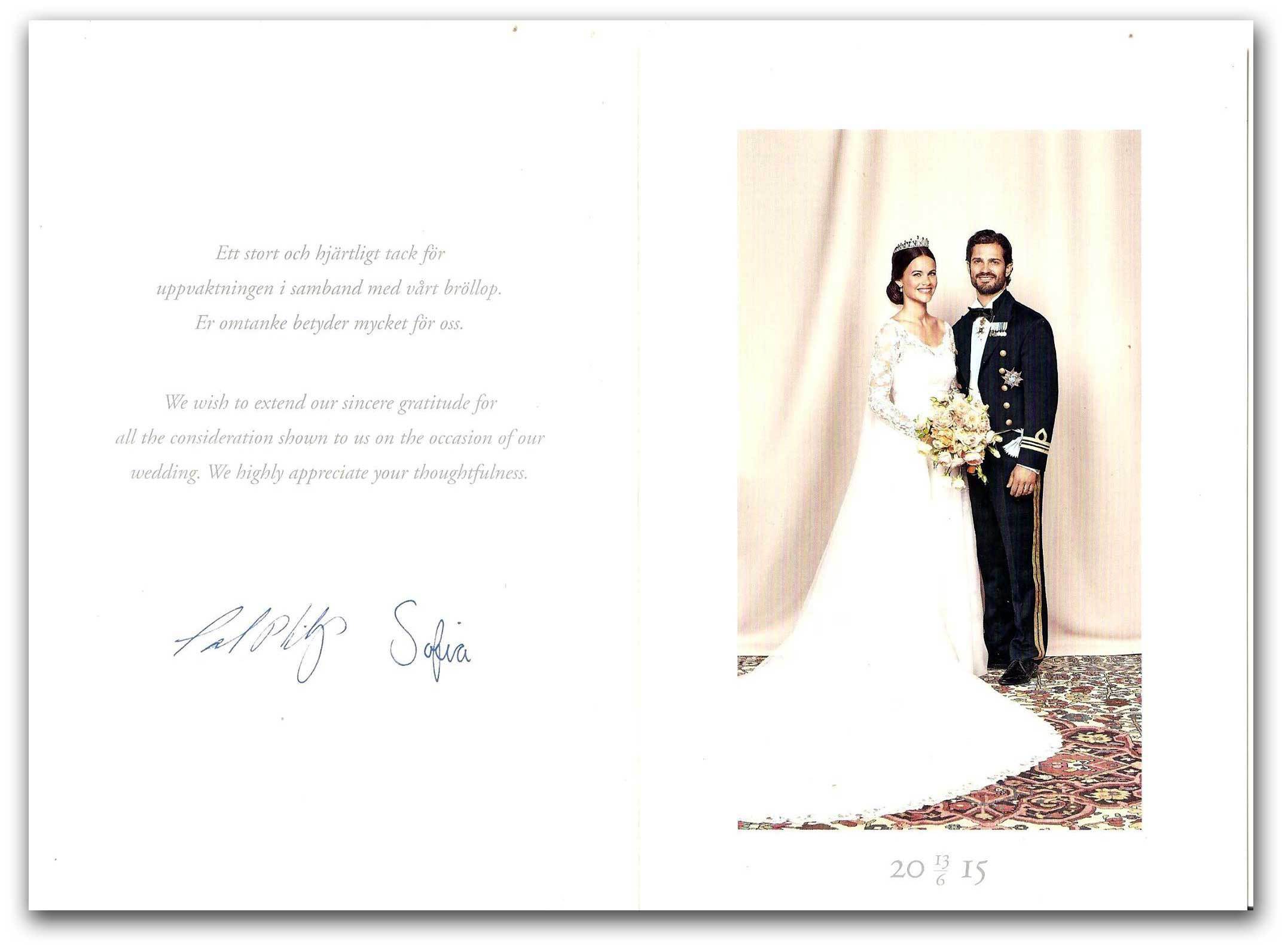

In “The Grass Not Being Flesh, Nor Flesh The Grass”:įor real-he came to me. This meditation on the essence of contours, of the ways spiritual and sexual ecstasies are both fired and tempered by the human form, remains Phillips’s obsession, but 2009’s Speak Low displayed a wider range of landscape and perception, and Double Shadow continues to pursue more expansive notions of intimacy. A longing for fusion that clashed against the very notions of containment, against the boundaries of form itself, was deftly drawn in Pastoral’s “Clay”:
#Summary of as from a quiver of arrows by carl phillips full#
From the Devotions (1998) and Pastoral (2000) together announced a new, mature major poet, a voice so full of yearning that it was often and aptly compared to John Donne’s. As a consequence Double Shadow is difficult to read without being mindful of the torrent to which it belongs. His most recent collection of poems, Double Shadow, is his eighth since 2000-an astonishing output, made even more so when considered alongside his translations and prose. Phillips has also become an institution in the blink of an eye. His presence in American poetry is so immense that it is no hyperbole to say that Carl Phillips is an institution when my Canadian fiancée asked what American poetry was like, I gave her Quiver of Arrows. Widely anthologized, his poetry has been published in countless literary journals over the past decade, from The New Yorker and the Atlantic Monthly all the way down. The judge of the 2010 Griffin Prize and sitting judge of the Yale Younger Poets Prize, and the author of twelve collections of poetry, including Quiver of Arrows: Selected Poems 1986–2006, he also translated Sophocles’ Philocetes (2003) and penned Coin of the Realm: Essays on the Life and Art of Poetry (2004). Louis, Carl Phillips was elected Chancellor of the Academy of American Poets in 2006. A former high school Latin teacher, now professor of poetry and African American Studies at Washington University in St.


 0 kommentar(er)
0 kommentar(er)
